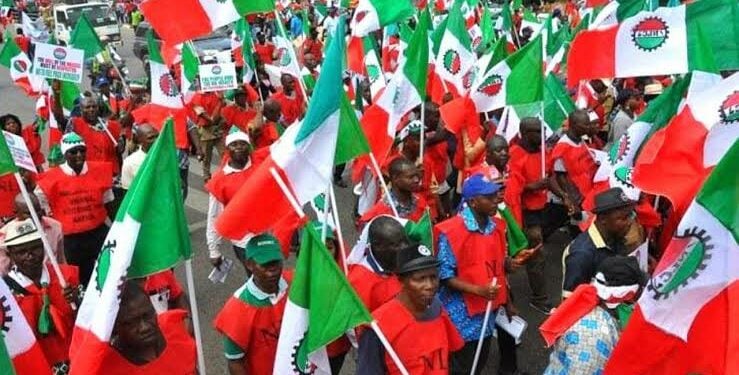An economist and financial management consultant, Dr. Chris Lawal, has faulted the use of strikes to settle problems in the country warning that incessant strikes by labour unions can significantly disrupt economic stability and development of the country.
Lawal, who is the chief executive officer (CEO) Amedeo Solutions Limited, in a paper titled: “The Impact of Strikes by Government Parastatals on Economic Growth” obtained by newsmen in Ibadan, yesterday said when government parastatals engaged in strikes, the repercussions extend beyond the immediate workforce.
Lawal added that strikes result “incomplete cessation of work, leading to loss of productivity, go-slow actions; workers intentionally slow down their pace, affecting output, partial strikes, specific tasks or services are withheld, picketing; demonstrations outside workplaces to raise awareness,.”
He said the economic impact of strikes reduced output, disrupted production, affecting goods and services, adding that with behavioral changes, consumers would alter spending habits during strikes and supply chains would be disrupted.
According to him, public services such as healthcare, education, and transportation were worst hit during strikes, thereby affecting citizens’ well-being.
While noting that GDP growth and development would be affected by immediate loss, he said strikes lead to lost working days, impacting GDP.
He added that human capital, such as skilled workers leaving due to strikes, affected long-term development.
“Strikes create uncertainty, discouraging investors.. In summary, strikes by government parastatals jeopardize economic stability, hinder growth, and exacerbate poverty. Addressing labor disputes through dialogue and fair negotiations is crucial for sustained development,” he said.



